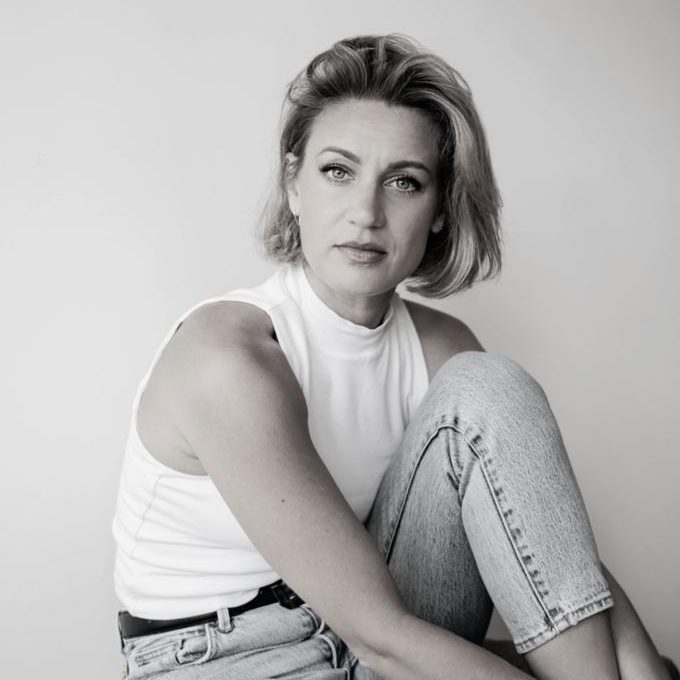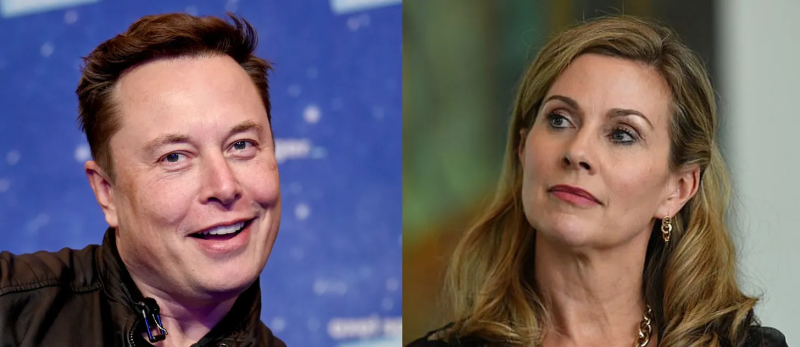

Can Australia’s eSafety Commissioner block content globally on demand? Not today, ruled the Australian Federal Court, in a win for Elon Musk’s social media platform X.
In a decision on Monday, Justice Geoffrey Kennett refused to extend a temporary injunction obtained by eSafety last month, which forced X to remove footage of the Wakeley church stabbing, an alleged religiously motivated terror attack.
Under the Online Safety Act (2021), the eSafety Commissioner, Julie Inman Grant, has the authority to order removal of such ‘class 1 material’ within Australia under threat of hefty fines.
eSafety argued that X had not gone far enough to block the content from Australians, as a geo-block can be circumvented by a VPN. X argued that eSafety was effectively seeking a global ban on content, straying outside of the Australian online harm regulator’s jurisdiction.
eSafety applied to the Federal Court to extend its temporary injunction against X, with a hearing taking place on Friday 10 May. The temporary injunction was due to expire at 5pm on Friday, but was extended to 5pm Monday—to allow time for Justice Kennett to deliver a decision on the matter.
In his decision, Justice Kennett held that X had taken “reasonable” steps to block the stabbing content as required under Australian law, and that eSafety’s request for a global ban was not reasonable.
Therefore, “The orders of the court will be that the application to extend…is refused,” said Justice Kennett, meaning that as of 5pm Monday, the injunction is no longer effective.
In a statement on the Federal Court decision, eSafety said that the matter will return to Court for a case management hearing on Wednesday, 15 May.
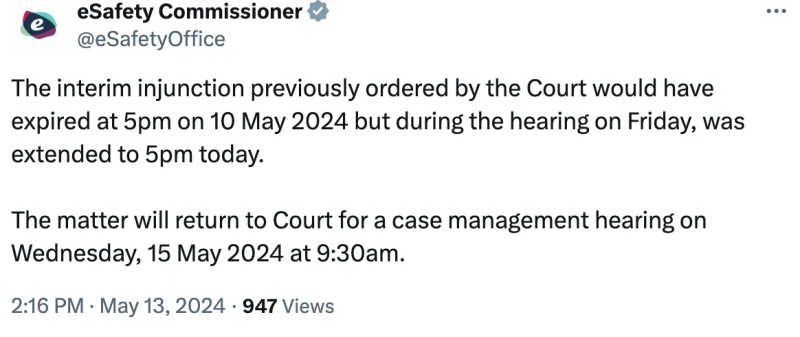

“The application for this injunction should have never been brought,” said Dr Reuben Kirkham, Co-Director of the Free Speech Union of Australia (FSU) in a statement today, questioning the validity of the Commissioner’s bid to enact a global content ban on X. “The eSafety Commissioner is overreaching and behaving more like an activist than a responsible public servant.”
Dr Kirkham, who was present for the hearing on Friday, told Dystopian Down Under that he counted 12 lawyers present (seven for X, five for eSafety), which, if eSafety is ordered to pay costs, will lump taxpayers with “a considerable amount of unnecessary legal costs.”
Digital civil liberties nonprofit the Electronic Frontier Foundation (EFF) echoes FSU Australia’s position, stating that, “no single country should be able to restrict speech across the entire internet,” and likening the Commissioner’s actions to “[using] a sledgehammer to crack a nut.”
An affidavit submitted by the EFF to the eSafety vs. X proceedings last week called for the Court to consider the international impact that a ruling in eSafety’s favour would have in setting a precedent for allowing one country to enforce content bans on citizens of other countries.
“If one court can impose speech-restrictive rules on the entire Internet—despite direct conflicts with laws [in] a foreign jurisdiction as well as international human rights principles—the norms of expectations of all internet users are at risk,” stated the EFF in an article summarising the affidavit.
X’s Global Government Affairs posted about the hearing, stating, “We’re glad X is fighting back, and we hope the judge will recognize the eSafety regulator’s demand for what it is—a big step toward unchecked global censorship—and refuse to let Australia set another dangerous precedent.” At the time of publishing, no updated statement on the Judge’s decision had been issued.
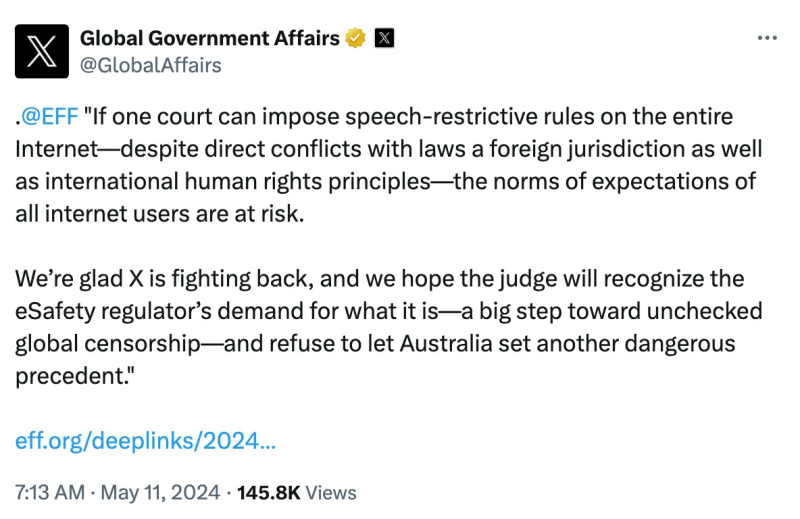

Dr Kirkham calls the Commissioner’s application to extend her injunction against X “part of a pattern where the eSafety Commissioner’s office seemingly engages in gamesmanship rather than respecting the rule of law or acting as a model litigant.”
Indeed, today’s ruling in X’s favour comes amidst mounting controversy over the eSafety Commissioner’s ongoing stoush with X, which appears to be driven partly by Julie Inman Grant’s global censorship ambitions, and partly by personal feelings.
Inman Grant, who formerly directed Twitter’s Public Policy (Australia and Southeast Asia), has repeatedly criticised Elon Musk since his purchase of the Twitter platform in 2022.
Moreover, Musk’s advocacy for a broad interpretation of free speech on the internet conflicts with Inman Grant’s professed view of free speech as a right that needs to be “recalibrated” for online spaces.
Perhaps the biggest controversy between X and eSafety centres on the highly charged and subective issue of gender ideology.
Inman Grant has enforced the removal of a string of posts on X questioning gender ideology, including one suggesting that men can’t breastfeed, and another about a trans-identified male who allegedly injured female players during a women’s football game in NSW.
In an internationally high-profile case, the Commissioner recently issued a removal notice over an acerbic gender-critical post by Canadian activist Billboard Chris, raising questions over whether the Government should be able to police opinions and censor statements of biological fact on the internet.
FSU Australia is currently involved in Administrative Appeal Tribunal proceedings on behalf of Billboard Chris (real name Chris Elston) against the eSafety Commissioner. Additionally, X has threatened to sue eSafety over the matter.
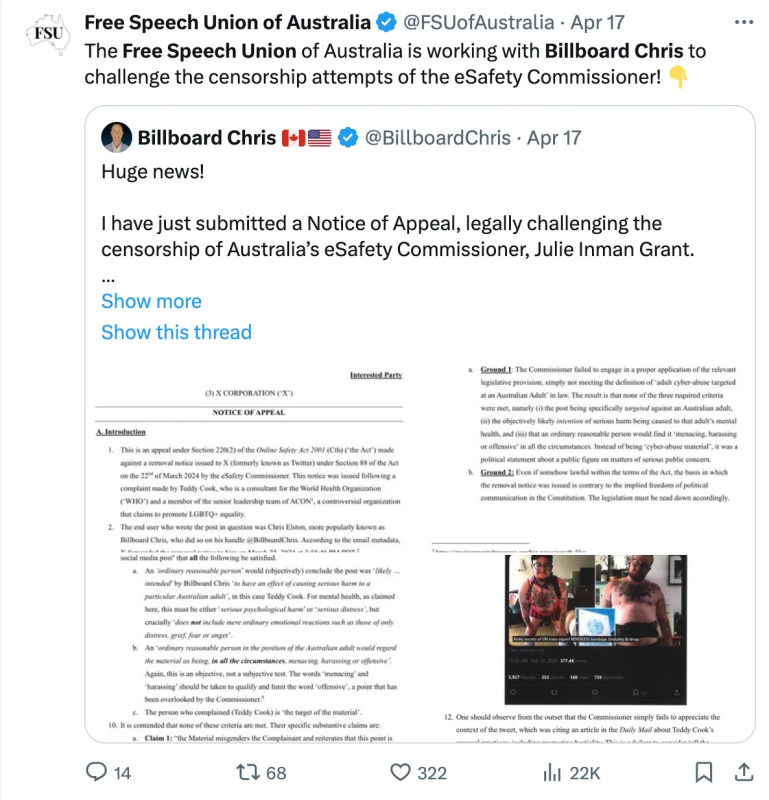

Returning to the issue of the Wakeley stabbing footage, Inman Grant’s attempt to globally ban the content has been supported by the Australian Government, which leveraged the incident to call for more censorship, including the reintroduction of an unpopular misinformation bill.
Prime Minister Anthony Albanese has also responded to calls to address violence against women by proposing to further expand eSafety’s budget and remit, which could see deep fake pornography and “other misogynistic material” censored by the regulator.
No one will argue against explicit pornography being blocked from children’s view, but it is around the grey edges of definition creep on terms like ‘harm,’ ‘adult cyber abuse,’ and ‘misogynistic material’ where disagreements will undoubtedly kick off.
In a move of ‘no confidence’ against eSafety, FSU Australia has launched a petition to abolish the office of the eSafety Commissioner altogether, arguing that a combination of parental controls and platform incentives will suffice in keeping children safe on the internet.
A more moderate approach may be to curtail eSafety’s remit to its original function of dealing with child abuse content (as in 2015), and revenge porn (as in 2017), before the regulator’s purview and powers were significantly expanded with the introduction of the Online Safety Act in 2021.
However, in the media and political conversation, there is little appetite for a moderate approach, as conveyed in a viral guest appearance by media personality Tracey Holmes on a recent episode of the ABC’s failing show Q+A.
Calling out the double standard in the censorship conversation, Holmes told the studio audience,
“I don’t agree with any kind of censorship in a general sense. I don’t think Elon Musk is contributing to any social cohesion split inside this country. I think our mainstream media is doing enough of that. I think our politicians do enough of that…
“Of course there are fault lines everywhere, but there’s only one way you can stop those fault lines from getting bigger, and that is to have the ability to have the town square to hear different points of view…
“And I think unfortunately we’ve been fed ‘this side or that side’ for so long, people are giving up on mainstream media, that’s why they’re tuning out. That’s why they’re going to YouTube…we have let them down.”
Hopefully, some higher-ups in the corporate media tuned in to hear what Holmes had to say.
Read more about the judge’s decision
Correction: An earlier version of this article attributed all 12 lawyers to eSafety’s team. The article has been corrected to specify that there were 12 lawyers in total, five for eSafety and seven for X.
Republished from the author’s Substack
Join the conversation:


Published under a Creative Commons Attribution 4.0 International License
For reprints, please set the canonical link back to the original Brownstone Institute Article and Author.

